Pope Francis, born Jorge Mario Bergoglio, passed away on Easter Monday, April 21, 2025, at the age of 88. His death marked the end of a transformative 12-year papacy characterized by humility, inclusivity, and a commitment to social justice.
Elected in 2013 as the first Jesuit and Latin American pope, Francis chose his papal name in honor of St. Francis of Assisi, reflecting his commitment to simplicity and care for the marginalized. His 2015 encyclical, Laudato Si’, called for urgent action against climate change and highlighted the moral imperative of caring for “our common home.”
Francis emphasized synodality, encouraging dialogue within the Church and greater involvement of laypeople and women in ecclesiastical matters. He also addressed issues such as clerical abuse, economic inequality, and interfaith relations, striving to make the Church a “field hospital” for those in need.
In accordance with his wishes, Pope Francis was laid to rest in a simple wooden casket at the Basilica of St. Mary Major in Rome. His funeral drew over a million mourners, reflecting the global impact of his ministry. The tomb, marked simply with his Latin name “Franciscus,” became a site of pilgrimage for many faithful.
The upcoming papal conclave, set to begin on May 7, 2025, will convene 135 cardinal electors from 71 countries. This diverse assembly reflects Francis’s efforts to internationalize the College of Cardinals. Speculation surrounds potential successors, with discussions focusing on whether the next pope will continue Francis’s progressive agenda or adopt a more conservative approach.
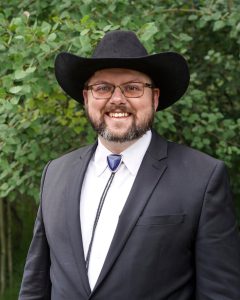
In Wyoming the Catholic Church is primarily represented by the Diocese of Cheyenne, which encompasses the entire state, including Yellowstone and Grand Teton National Parks. Established in 1887, the diocese serves approximately 50,000 Catholics across 32 parishes, under the leadership of Bishop Steven Biegler since 2017.
St. Mary’s Cathedral in Cheyenne serves as the mother church of the diocese. Built in the early 20th century, it stands as a significant landmark for the Catholic community in the state .
Wyoming Catholic College, located in Lander, is the state’s only Catholic higher education institution. Founded in 2005, the college offers a rigorous liberal arts curriculum grounded in Catholic tradition, emphasizing outdoor education and spiritual formation.
To gain a better understanding of Pope Francis’s legacy and the future of the Catholic Church relative to the Wyoming Catholic community, Wyoming Star spoke with Kyle Washut, Wyoming Catholic College President. With academic roots in Casper and degrees from Thomas Aquinas College and Austria’s International Theological Institute, he has taught extensively across the college’s curriculum and supported numerous administrative functions.
Wyoming Star: From your perspective as a Catholic educator and theologian, how would you characterize Pope Francis’s legacy within the Church and the world?
Kyle Washut: There have already been many voices discussing Francis’ legacy and the impact of his papacy, and there will surely be more in the coming weeks. Seeing the divergent conclusions that are sometimes drawn from the very same event or teaching, I think it will be a great many years before there is a clear consensus on Francis’ legacy. Given that, I will limit my thoughts to something I haven’t seen mentioned as frequently in these past few days: the impact Francis had on the world of higher education, specifically.
Francis discussed education over eighty times in his major documents and gave many more speeches on the topic. He wrote an entire letter last year on the need for seminarians to study literature and abstain from the ubiquitous screens that surround us. He combined the Congregation for Education with the Pontifical Office for Culture in an effort to inspire dialogue and innovation between these two areas of the curia. And he launched the “Global Compact on Education,” confident that in changing education, we change the world.
I believe Francis’ most distinctive contribution about education was his emphasis on “integral education” as an essential antidote to the crisis of the “technocratic paradigm,” a phrase he first coined in Laudato Si. Over and over again, he reminded us that this paradigm understands our relationship to the natural world and to other human beings as one defined exclusively by efficiency, profit, and ultimately, power. Such an understanding fosters a throwaway culture that produces not only rampant consumerism but also a deep and abiding disregard for human dignity.
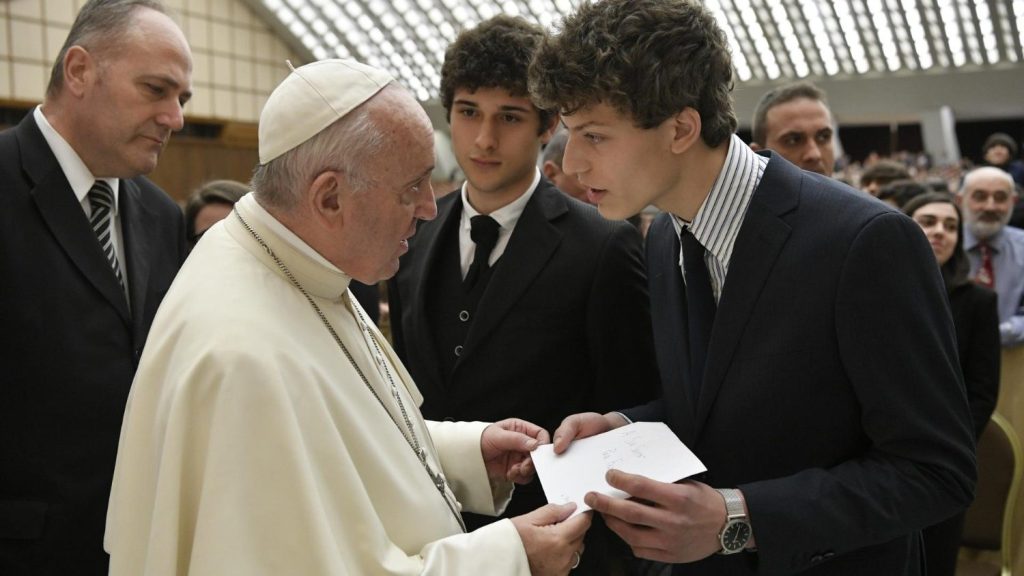
For Pope Francis, this paradigm is rooted in the Enlightenment view of the human person, with its emphasis on knowledge as a means of mastery over nature and its penchant to exalt the individual human will without reference to a higher common good. Francis believed that this paradigm had so completely infected the contemporary educational system that the world of education needed to be radically reformed. Educators needed to offer an integral education: an education of the whole person rather than a reductionist, technocratic education; an education, in fact, that immersed its students in nature and in reality, in a comprehensive and holistic way. This radical reformation would produce students freed from the technocracy found in their ubiquitous screens and social media apps (among other things), replacing our current educational environment with one steeped in authentic human community and the natural world, and giving us a new culture—one rich in tradition and cultivated by a new humanistic mode. To this end, Francis recognized education needed to be situated within an alliance: an association of industry, the church, educational institutions, and others so that this integral education could blossom and bear fruit.
The challenges posed by AI, materialism, transhumanism, transgenderism, screen addiction, the ubiquity of pornography and its diminishment of the dignity of the human person, the isolation and extremism cultivated by social media, and more are all deeply rooted in our age of technocracy and are perpetuated (intentionally or not) by our system of higher education. Catholic educators need to lead the way in this radical reform, focusing on creative ways to break with the technocratic paradigm and replace it by immersing students in a rich spiritual life, facilitating their engagement with nature, leading them to read and discuss great old books in a way that leaves room for nuance and personal insight, promoting education to them not merely as job training but as formation in virtue and contemplation, and fostering authentic human community. Teachers and educational institutions that do this will be responding to the fundamental demands of the day and will be living out the best aspects of Francis’ teachings on education.
Wyoming Star: What aspects of his papacy do you believe will have the most lasting impact on Catholic doctrine, culture, or public witness?
Kyle Washut: Pope Francis saw education as an essential tool in the Church’s efforts to impact the culture, as well as a key component to our giving public witness and sharing our lived experience of Catholic doctrine with the world. As heir to Pope St. John Paul II’s warnings about the culture of death and the dangers of structures of sin, Francis recognized that we have created a culture concerned for pragmatic efficiency and for profit above all else, and within that culture, people are led to compromise the inalienable dignity of the human person. But—and I see this as Francis’ key insight—the technocratic paradigm that is baked into our culture and current educational system is the main conduit for this culture of death and destruction. Success in evangelization, dialogue with one’s opponents, working for lasting peace, responding to the needs of immigrants, promoting a pro-life ethic, addressing the disruptive arrival of AI, and all the other major areas of Francis’ concern over the course of his papacy require us to confront that technocratic paradigm, especially through education. If the Church does this and does it well, I think it will be one of the most transformational impacts of Francis’ teaching.
Francis’ concern for union with the Eastern Churches will also be of long-lasting import, I believe. Concretely, Francis lifted the ban preventing Eastern Catholic Churches from ordaining married men to the priesthood in North America. (By “Eastern Catholic Church,” I mean churches that have the spirituality, theology, liturgy, and disciplines found in Eastern Orthodox Churches, Coptic Churches, and the like, but which are in union with the pope.) Several of my own close friends have been ordained to the priesthood as a result of Francis’ decision, and I am confident that the renewal of the Eastern Churches in North America will bear tremendous fruit.
Wyoming Star: What role do you think the Pope’s personal Jesuit spirituality played in shaping his leadership style and theological vision?
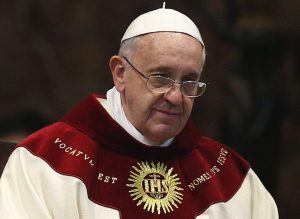
Kyle Washut: I am not an expert on papal leadership or governance styles, but it seems to me that Francis’ leadership style was not always his strong point. Fr. James Martin notes that the presence of a young Bergoglio, serving as a provincial in Argentina, split the entire Jesuit order into two camps: “pro-Bergoglio” and “anti-Bergoglio.” When you survey the many commentators’ pieces written after the Pope’s passing, that same strong, divisive line emerges clearly. Some observers (including a number of his closest friends) noted his tendency to act swiftly and in the moment and to speak ambiguously or imprecisely. Others point out that he could be perceived as autocratic, sharp, and severe; still others, that he launched grand initiatives but seemed to lack the temperament necessary to see them through to their conclusions. Being definitively out of my depth in this area, I think it best not to attempt a discussion of Francis’ leadership style as it relates to his Jesuit charism and spirituality.
I would note, however, that Jesuits are famous for their emphasis on education and for their concern to form students not merely as intellectuals but as “integral persons” who can discern their thoughts, emotions, and relationships in an integrated and holistic way. Francis made that emphasis a hallmark of his own teachings. We see a clear link between Francis’ theological vision and his spirituality in his last and most beautiful encyclical letter, Dilexit Nos, written on devotion to the Sacred Heart of Jesus. There, Francis describes the essence of the core work of Ignatian spirituality, The Spiritual Exercises, as seeking to form the heart, the integral center of the human person. Francis, quoting Pope St. John Paul II, writes that:
“The desire to ‘know the Lord intimately’ and to ‘have a conversation’ with him, heart to heart, is characteristic of the Ignatian spiritual and apostolic dynamism, thanks to the Spiritual Exercises, and this dynamism is wholly at the service of the love of the heart of God.”
Ignatian spirituality, Francis writes, is focused on God’s love breaking through our superficial knowledge and entering into the desires of the human heart. Spiritual formation begins with this encounter of the heart, not the emphasis on “the data of knowledge.”
In combating the technocratic paradigm, Francis saw himself as making present the importance of the heart.
“We need to start speaking once more about the heart and thinking about this place where every person, of every class and condition, creates a synthesis,” he said, “where they encounter the radical source of their strengths, convictions, passions, and decisions. Yet, we find ourselves immersed in societies of serial consumers who live from day to day, dominated by the hectic pace and bombarded by technology, lacking in the patience needed to engage in the processes that an interior life by its very nature requires. In contemporary society, people ‘risk losing their center, the center of their very selves.'”
This emphasis on integral, holistic spirituality was at the core of Francis’ theological project, as he makes clear at the end of the encyclical. \
“The present document can help us see that the teaching of the social Encyclicals Laudato Si‘ and Fratelli Tutti is not unrelated to our encounter with the love of Jesus Christ. For it is by drinking of that same love that we become capable of forging bonds of fraternity, of recognizing the dignity of each human being, and of working together to care for our common home. In a world where everything is bought and sold, people’s sense of their worth appears increasingly to depend on what they can accumulate with the power of money. We are constantly being pushed to keep buying, consuming, and distracting ourselves, held captive to a demeaning system that prevents us from looking beyond our immediate and petty needs. The love of Christ has no place in this perverse mechanism, yet only that love can set us free from a mad pursuit that no longer has room for a gratuitous love. Christ’s love can give a heart to our world and revive love wherever we think that the ability to love has been definitively lost.”
Wyoming Star: Francis has often highlighted the Church’s mission to the peripheries — how has that theme resonated with the mission of Wyoming Catholic College?
Kyle Washut: Liberal Arts education is sometimes characterized as “an elite program for elites.” But here at Wyoming Catholic College, we strive to make our education accessible, and we work to ensure that our students leave with a realization that the riches of this formation are meant to be shared with those on the peripheries, as you say.
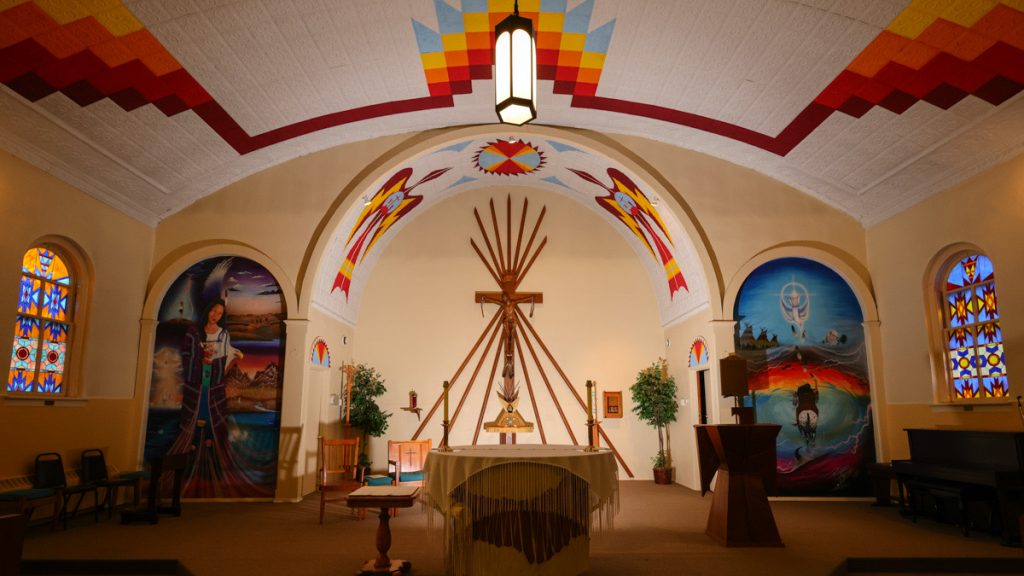
As a result, we are committed to making this education as accessible as possible to those who are capable of it. This includes reaching out to those who are “on the peripheries of higher education” and think that private college is beyond their reach. Practically, this means that we keep our total costs low, limit the amount of debt a student is expected to take on in order to attend, and offer generous financial aid to those who need it.
And we are committed to supporting and facilitating our students’ efforts to work on the peripheries, whether that is offering catechesis on the Wind River Indian Reservation, serving the homeless on the streets of Denver, providing assistance to local townsfolk who are in need of support, or passing the rich fruits of their educational experiences here in Lander and in the Wind River Mountains along to those who have not had the opportunity to experience it for themselves.
We believe that teaching our students to “go to the peripheries” in these ways is an important aspect of our educational formation, and it is here that I see Francis’ call as resonating most clearly with our own mission.
Wyoming Star: As an educator, you work closely with young Catholics. How should the Church adapt to stay relevant to both its young members and non-believers, especially as society becomes more secular and technology continues to advance?
Kyle Washut: The Gospel of Christ is the same yesterday, today, and forever, ever ancient and ever new. So, too, are those things that participate in His redemptive work: the great works of art, music, philosophy, poetry, and literature, for example, which give us insight into the human condition. These things may go out of style, but they don’t go out of date; they are perennially relevant. In a sense, then, their popularity is not a measure of them, but a measure of us, of our culture, and of the culture we are passing on to our youth.
The challenge, therefore, is not to change the True, Good, and Beautiful, but to create conditions where youth can encounter those things, recognize them as important, and be transformed by them. That means addressing what cultural critic Ted Gioia calls The Dopamine Culture. We need to give our young people the experience of freedom from their addictions to social media and from the need to be constantly attached to their phones. And we need to fill the spaces we create by freeing them from their enslavement to these apps and devices; we need to fill up these spaces with opportunities to experience the beauty and power of the outdoors, to develop the habits of careful, deep reading, and to embrace the challenge and richness of personal encounter. These experiences will dispose students to recognize the abundance of worship, contemplation, spirituality, and reflection that our faith has to offer.
The great work of evangelization, therefore, is implementing that detox and making that cultural experience possible for our youth. That is the great challenge facing today’s educators, and one that must be confronted and overcome in order for true education to take place.
Wyoming Star: What are your thoughts on Pope Francis’s approach to controversial issues, such as climate change, economic inequality, and LGBTQ+ outreach? Has this been a positive shift in the Church’s global image?
Kyle Washut: The controversial issues you mention are not all cut from the same cloth, which means that understanding and addressing them properly requires a bit of parsing and probably demands more time and attention than we have here. The Pope’s love for those suffering in poverty, for those struggling with disabilities, those marginalized in prison or suffering from climate disasters, and those struggling to navigate wounds to their sexual identity or confusion about their gender, however, was palpable. And the reality of his love and concern effected transformation and conversion in many who felt themselves cut off or ignored before Francis’ time as pope.
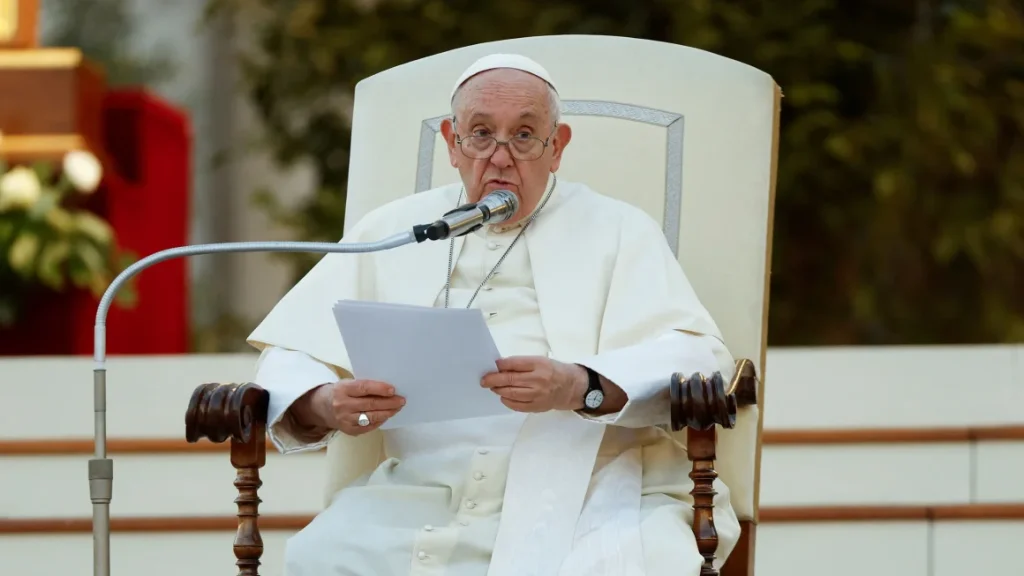
Very often, though, the theological explanations he offered or the policies he proposed did not seem as comprehensive or as deep as his genuine concern and love for those on the peripheries. At times, these explanations and policies were ambiguous, even confusing. This allowed many to interpret his outreach not as evangelical zeal or a desire to minister to “the peripheries,” but as an attempt to alter the Church’s teaching or to accommodate the Church’s worldview to the zeitgeist of our time.
Wyoming Star: One of Pope Francis’s priorities has been increasing the role of women in the Church. How do you view his efforts in this area, and what more can be done to empower women in Catholic life?
Kyle Washut: I think it is important to remember that while Francis wanted to increase the role of women in the Church, he wanted to do so without clericalizing the role. When people think of power and influence in the Church, they often understand it in terms of political influence or clerical hierarchy. But I think that Francis’ incredible and well-known Marian devotion is an important guide for us in understanding his efforts. Mary influences and guides the Church because we listen to her voice and we honor her witness, not because we try to make her into an apostle or community activist. I am convinced that the Church will empower women not principally by putting them into new bureaucratic roles, but by being attentive to their voices and experience as they live out their vocations. We need to listen to the contemplative cloistered nuns, to the zealous sisters serving the poor or in education, to the consecrated virgins serving in their dioceses, to the wives, mothers, and grandmothers striving for holiness, and to professional women working in the world. To “empower” women, we need to be a listening Church, as Francis said. We do not need to be a church that asks women to “act more like male clerics,” but one that says, instead, “Please witness to us about your active journey of faith, help us to understand it, and let us take that journey seriously as we act.”
Wyoming Star: Pope Francis has often been vocal about his stance on global political issues such as immigration, Israel-Palestine, and Russia-Ukraine. In your opinion, what is the Church’s role in modern politics, especially in a divided world?
Kyle Washut: The Church will always be political, because the Church is made up of human people, and humans are political beings by their very nature. This does not, of course, mean the Church is a partisan organization, nor that it should be understood as “one NGO among many.” The Church is a witness to the truth, and the necessity of that witness takes it above and beyond party lines, to the much greater demands of justice and of defending the common good. Seeing the Church as political does not mean that the judgment of a particular churchman about any given political situation is correct, but it is important for us to recognize that our faith witnesses and speaks to the concrete situations in which we find ourselves. As Pope Francis himself wrote in his first encyclical, Lumen Fidei:
How many benefits has the gaze of Christian faith brought to the city of men for their common life!.. At the heart of biblical faith is God’s love, his concrete concern for every person, and his plan of salvation, which embraces all of humanity and all creation, culminating in the incarnation, death, and resurrection of Jesus Christ. Without insight into these realities, there is no criterion for discerning what makes human life precious and unique. Man loses his place in the universe; he is cast adrift in nature, either renouncing his proper moral responsibility or else presuming to be a sort of absolute judge, endowed with an unlimited power to manipulate the world around him. Faith, on the other hand, by revealing the love of God the Creator, enables us to respect nature all the more and to discern in it a grammar written by the hand of God and a dwelling place entrusted to our protection and care. Faith also helps us to devise models of development that are based not simply on utility and profit but consider creation as a gift for which we are all indebted; it teaches us to create just forms of government in the realization that authority comes from God and is meant for the service of the common good. When faith is weakened, the foundations of life also risk being weakened, as the poet T.S. Eliot warned:
“Do you need to be told that even those modest attainments / As you can boast in the way of polite society / Will hardly survive the Faith to which they owe their significance?”
If we remove faith in God from our cities, mutual trust would be weakened, we would remain united only by fear, and our stability would be threatened…. Faith illumines life and society. If it possesses a creative light for each new moment of history, it is because it sets every event in relationship to the origin and destiny of all things in the Father.
Wyoming Star: Pope Francis has often emphasized the global nature of the Church. How do you see the relationship between the global Catholic Church and the specific challenges facing the American Church today?

Kyle Washut: As Americans, we often believe that whatever is taking place in the American Church is indicative of the state of the universal Church overall. That is a mistake. First and foremost, the communion of the saints as realized in their heavenly glory is the true measure of the Church. Second, the Church is measured by time and by its existence in different historical eras. Third, the universal Church is measured by the global situation in which it finds itself. All too often, we in the American Church see ourselves as the measure of all things, unable (or unwilling) to recognize that we are part of a global Church, rather than its animating force. I am convinced that is one of the most important witnesses that can be offered to us by the Roman pontiff: a reminder that our faith transcends a merely nationalist perspective.
The witness of today’s persecuted Church—those suffering in Nigeria, in Nicaragua, in Ukraine, in the Middle East, and in China—both relativizes what we see as the sufferings of the American Church and helps us remember those things that are of fundamental importance. And the way these persecuted regions continue to send missionaries to us in America is something that should humble, inspire, and challenge us.
The Gospel is universal; the message of Jesus Christ is universally redemptive. The witness of the global Church can help us American Catholics to recall that fact and help us to look even further beyond our own geographic and political boundaries, to the witness of the Church across time and to the promise of the Church in Heaven.
Wyoming Star: Pope Francis has worked to improve relationships with other Christian denominations and religions. What do you see as the most important ecumenical or interfaith initiatives that the Church should focus on in the coming years?
Kyle Washut: One of the most important of these “improving relationships” is the one with the Christian East. Francis earnestly desired unity with the Eastern Orthodox, as well as with what is known as the Oriental Orthodox (such as the Coptic and Assyrian Churches). Some important missteps made in the last few years need to be rectified, and I know that there is much work yet to be done. But I am convinced that allowing for the mutual enrichment of the Churches of the East and the West will be a catalyst for positive reform within the Roman Catholic Church and will help us to obtain a more perfect expression of Christian unity.
Wyoming Star: What are the implications of Francis appointing a more globally diverse group of cardinals for the upcoming 2025 conclave?
Kyle Washut: We will have to see!
Wyoming Star: Do you foresee any major theological or ecclesial shifts arising from the next papal election? What issues will likely shape the priorities of the next pope?
Kyle Washut: As Americans, we are inclined to think of pontiffs as having a “presidential” platform: areas of theological or ecclesial focus shaped by their own particular personalities and priorities. While there is something true about this understanding, we should not expect every pope to be a reformer, nor should we anticipate that the Church will change directions each time a new Bishop of Rome is elected.
In one area, at least, I believe that the next pontiff must either be a reformer himself or must find someone capable of effecting reform. As the head of the Vatican City State, he must address the major issues of bureaucratic and financial reform that are facing that micronation.
Most fundamentally, however, the pontiff is the chief steward of the mysteries of God and the one charged with preserving and passing on what has been bequeathed to us by Christ. He must encourage unity in the episcopate, promote its collegiality, and strengthen the bishops in carrying out their charge. I would hope the new pontiff is focused on that.
With input from the Sun, CT Insider, Diocese of Cheyenne, and Wyoming Catholic College.
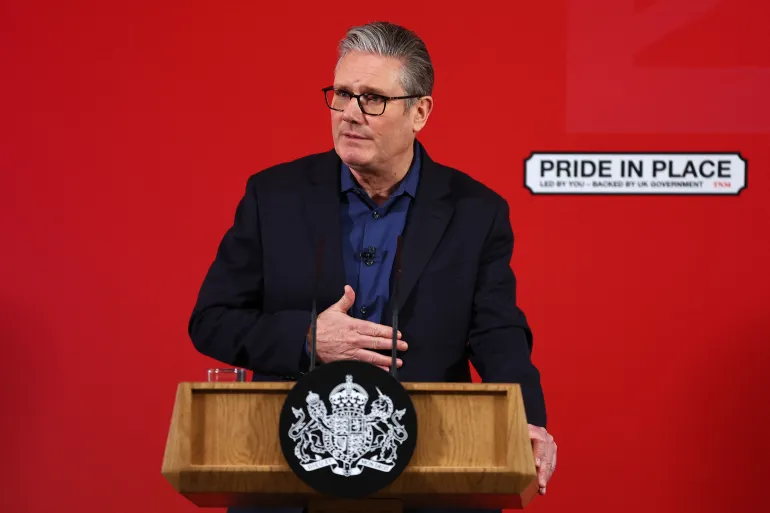
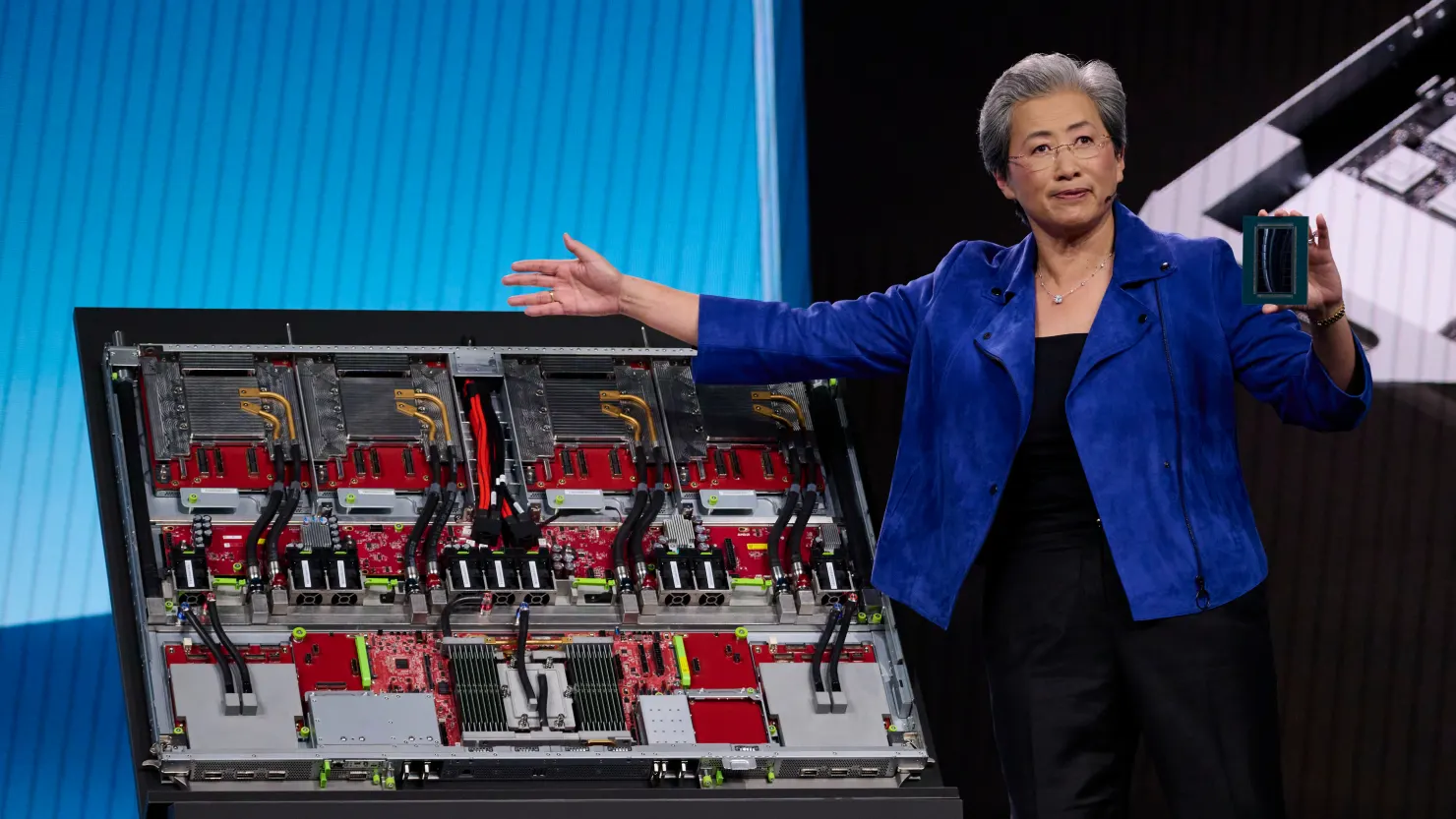
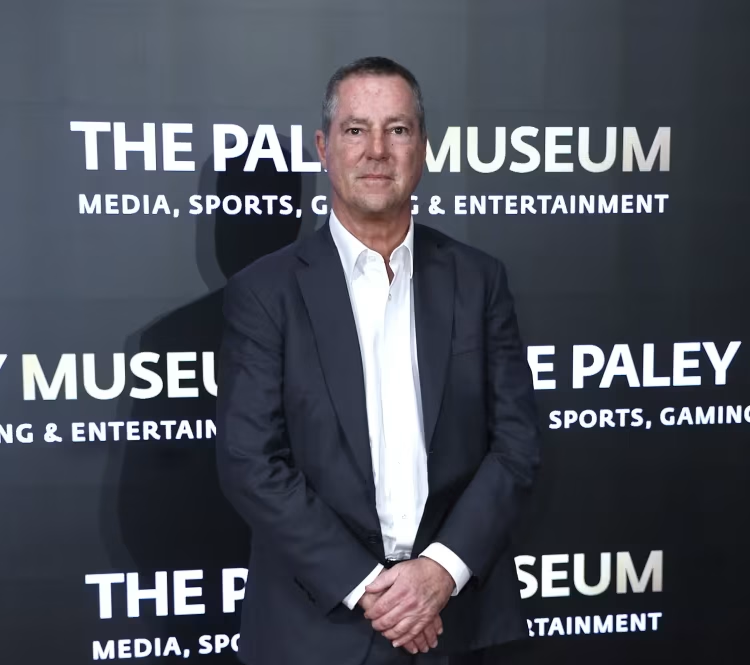
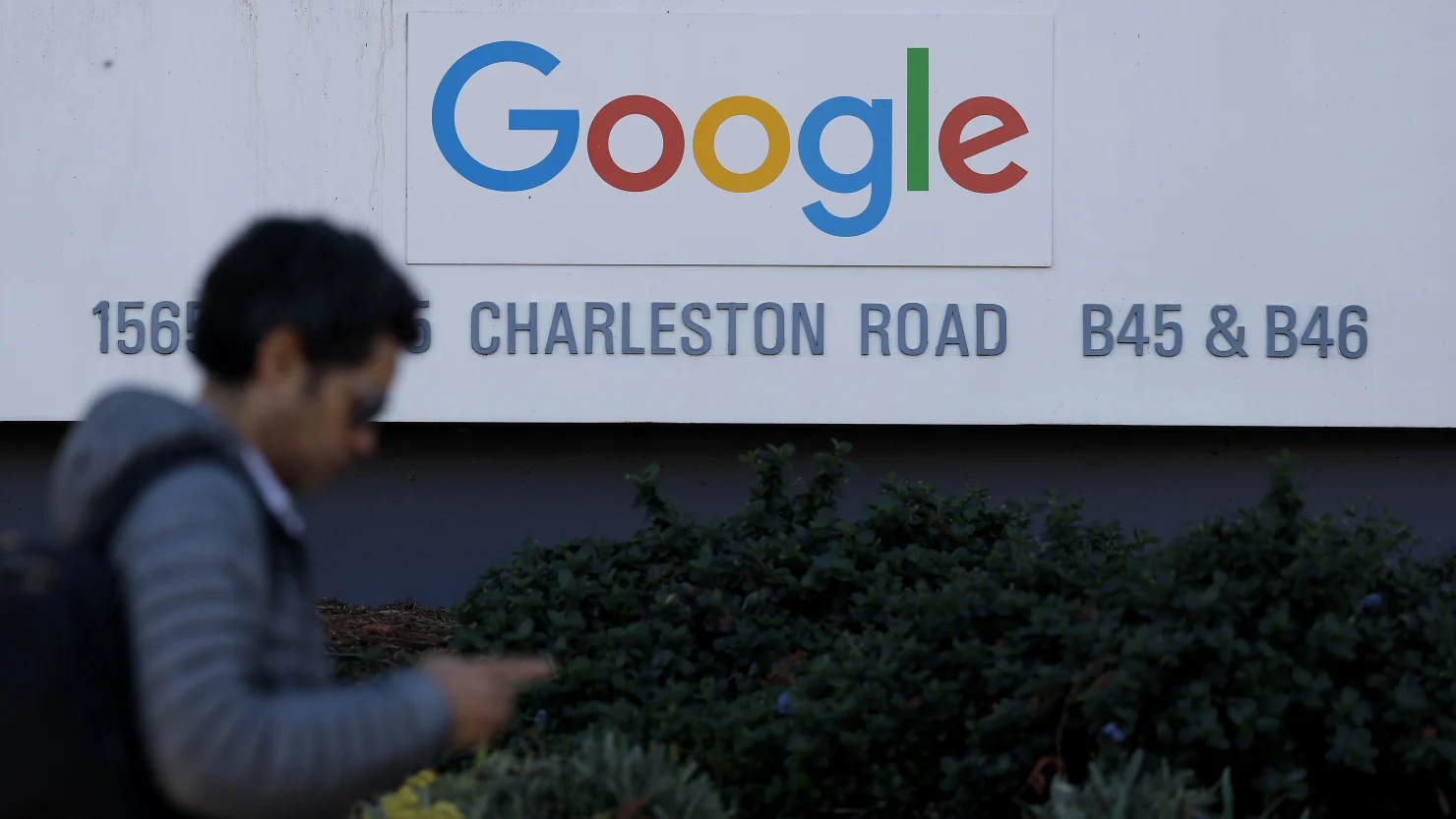
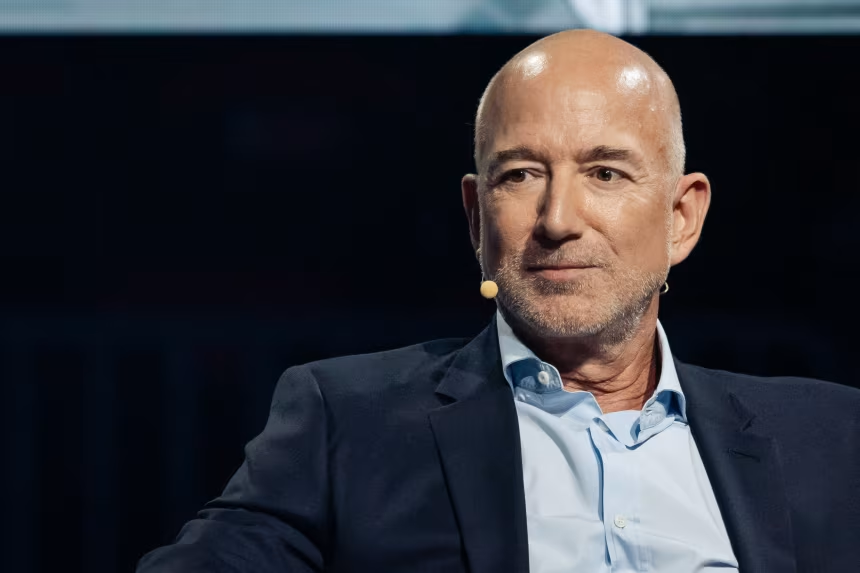
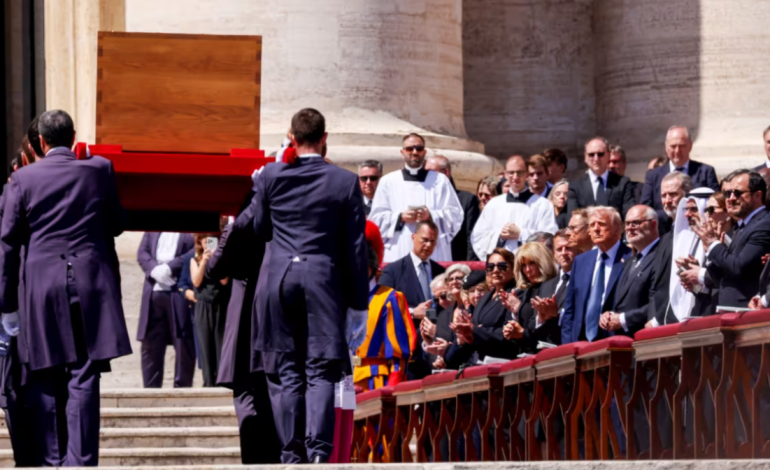




The latest news in your social feeds
Subscribe to our social media platforms to stay tuned